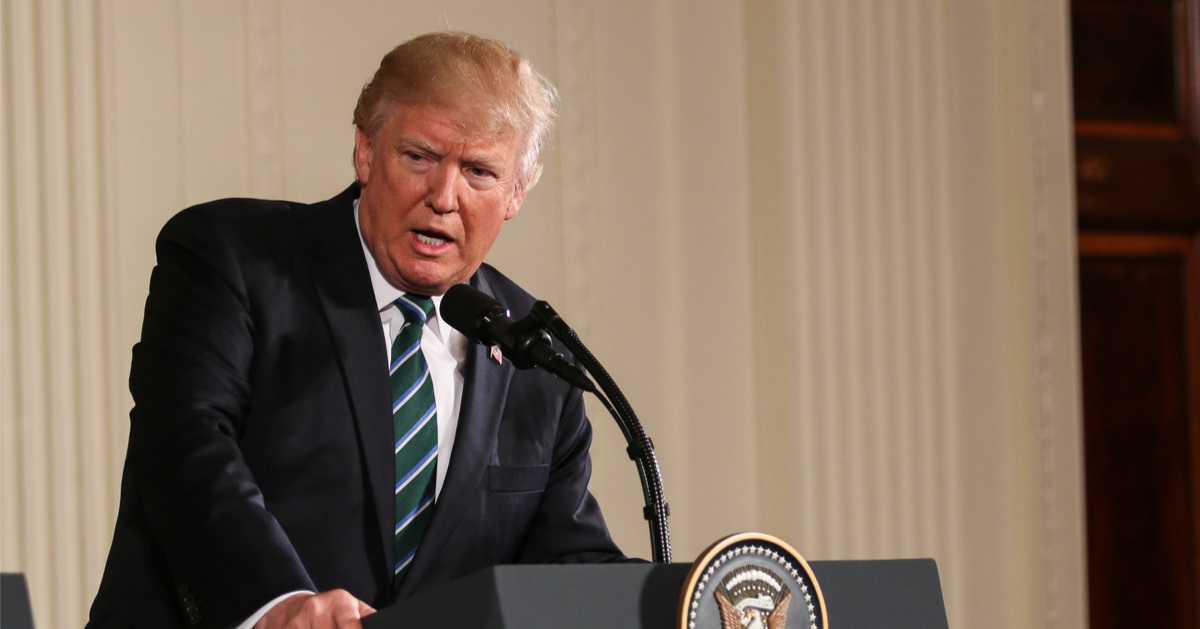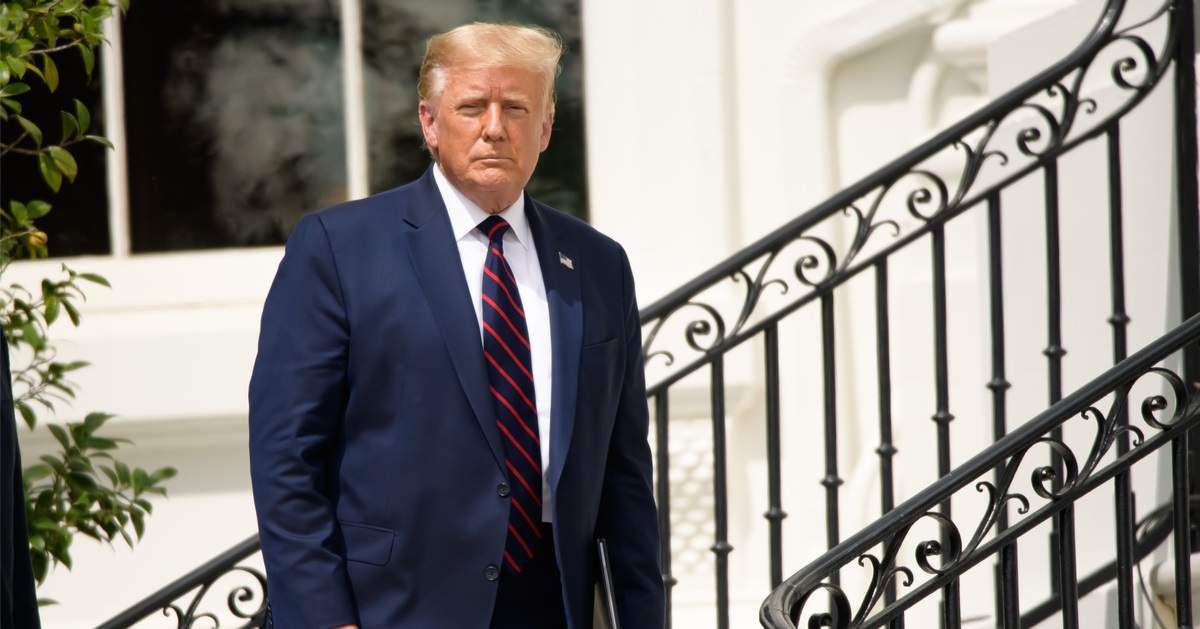Trump suggests he'll attend Supreme Court hearing on tariffs case in November
The ability to impose and alter tariffs on imported goods has become an integral part of President Donald Trump's trade policies and a critical tool to help negotiate better deals with both friendly and rival trading partners around the globe.
Given the obvious importance of tariffs, Trump suggested on Wednesday that he might attend a Supreme Court hearing next month on a legal challenge against his claimed authority to impose or change the surcharge, according to CNBC.
If Trump does go to the hearing scheduled for November 5, it will reportedly be the first time in the nation's history that a sitting president has attended oral arguments at the nation's highest court.
"I think I’m going to go to the Supreme Court to watch"
On Wednesday, while addressing reporters in the Oval Office of the White House, President Trump said, "We have a big case coming up in the Supreme Court, and I will tell you, that’s one of the most important cases in the history of our country."
"If we don’t win that case, we will be a weakened, troubled, financial mess for many, many years to come," he warned, which may not even be "survivable" for the nation.
If the administration wins, however, "We're gonna be the most powerful economic country in the world."
"That’s why I think I’m going to go to the Supreme Court to watch," the president added, and reiterated, "I think it's one of the most important cases ever brought, because we will be defenseless against the world."
Does Trump have the authority to impose and alter tariffs?
What has piqued President Trump's interest so much that he is thinking about sitting in on Supreme Court oral arguments is a pair of consolidated cases on tariffs, known as Learning Resources, Inc. v. Trump and Trump v. V.O.S. Selections.
Both of those cases challenge Trump's claimed authority to impose and/or alter tariffs on imported goods under the International Emergency Economic Powers Act, which the president has relied upon for months to set individualized surcharges of varying rates on a broad range of goods coming from certain foreign countries.
According to SCOTUSblog, both a federal district judge in Washington, D.C., and the Court of International Trade in New York City sided with the challengers against the president, and an appeals court has upheld the determination that Trump has exceeded his authority on tariffs.
However, the Trump administration has countered that the IEEPA plainly authorizes the challenged conduct, in that the law allows the president to "regulate importation," and that tariffs "are a traditional and commonplace way" to do so.
Tariff cases on an expedited schedule
SCOTUSblog reported separately that the Supreme Court agreed to take up and consolidate the two tariffs cases on September 9, and further agreed to requests for an expedited schedule, with oral arguments set for November 5.
Given the rapidity of the case and the timely nature of the controversy at hand, it seems likely that the justices will move quickly to issue a decision within a couple of weeks or months, probably early next year, though it is possible that the opinion could be held until near the end of the term in June or July.




